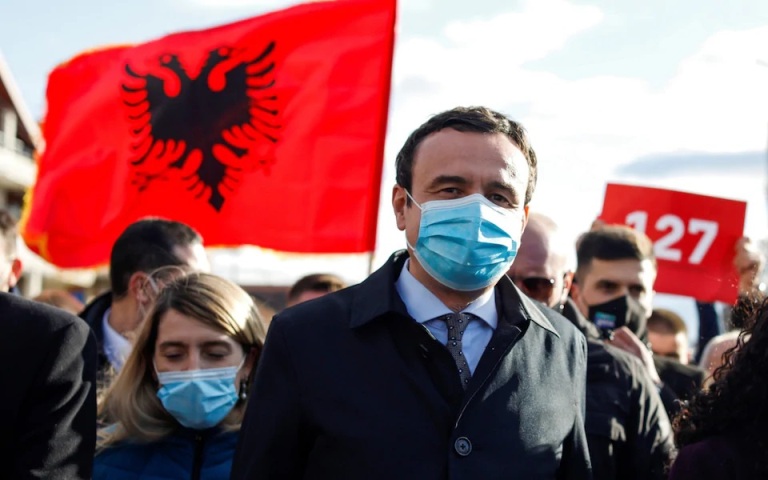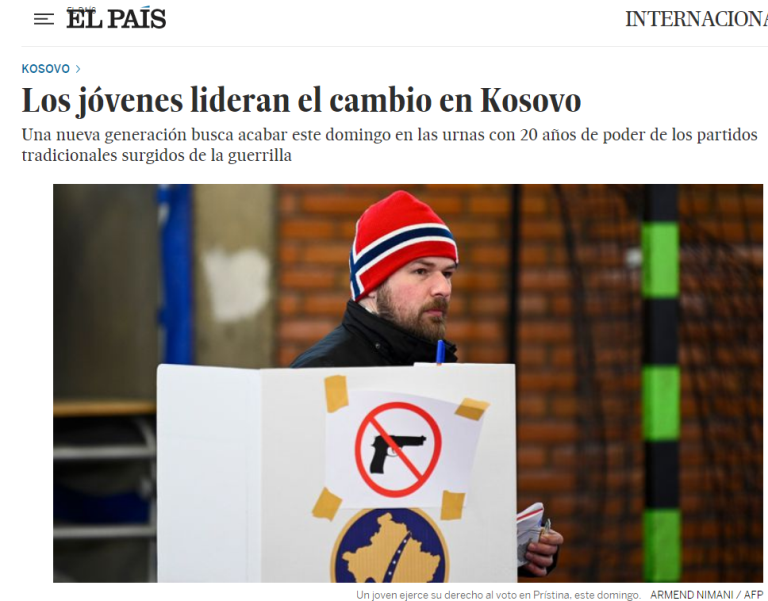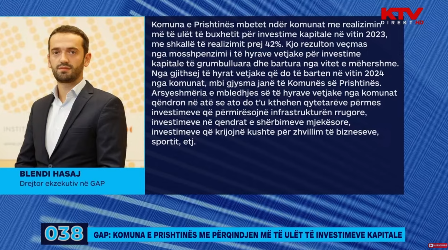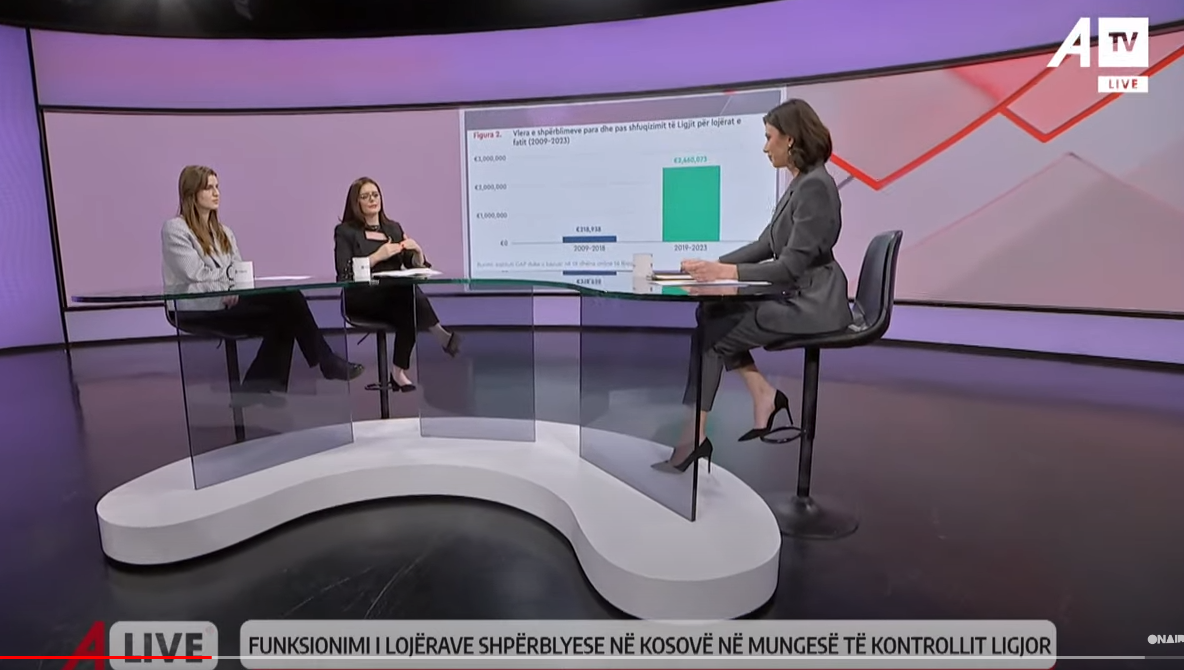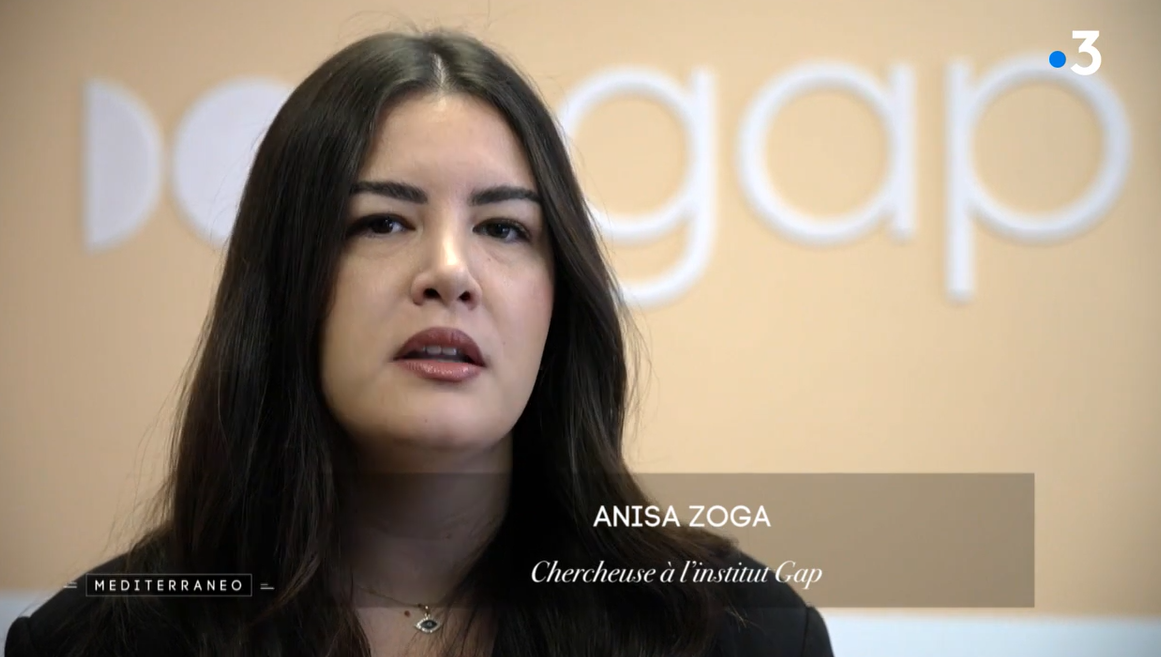GAP Institute published the analysis “Family budget management: women and men”
02/11/2017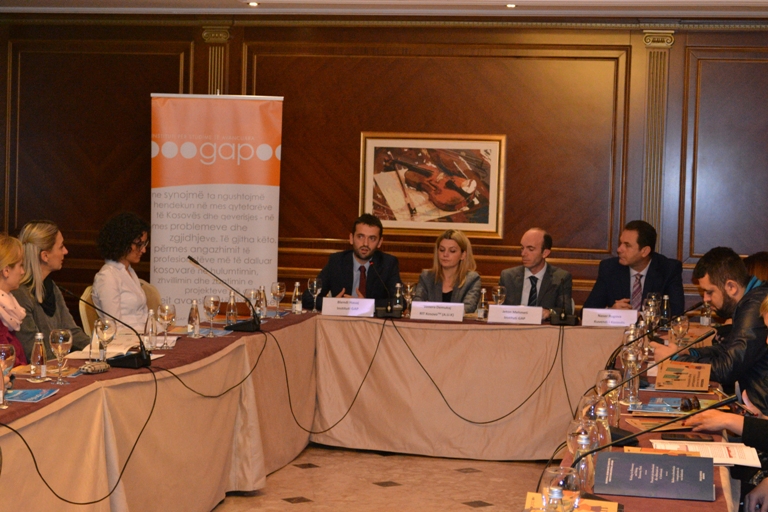
Today, GAP Institute organized a round table discussion and presented the analysis "Family budget management: women and men”. In the introductory speech, Jeton Mehmeti, Research Director at GAP Institute, pointed out that the purpose of this research was to depict the differences between female- and male-headed households in spending the family budget. Our findings show that female-headed households spent most of the family budget on human capacity development such as in education and health, while male-headed households spend more on consumption, were the most significant spendings are on tobacco, food, and beverages.
Blendi Hasaj, Researcher at GAP Institute, explained the research methodology, adding that since female-headed households spend the family budget on categories that increase the welfare of family members, there should be a higher number of them as recipients of social assistance. In Kosovo there are currently over 26,000 families receiving social assistance, but only 32% of social assistance recipients are women, while 68% are men. Therefore, the government would have to increase the number of women recipients on social assistance. This can be done by changing the Law on Social Assistance Schemes, foreseeing higher amounts of social assistance for women applying for social assistance. Such a step would serve as incentive for the households to let the women be the recipients of the social assistance as that would result in higher monthly income for them.
Naser Rugova, a member of the Committee on Health, Labor and Social Welfare, praised the methodology chosen for the analysis, saying that this study would help him as a member of the committee and other MPs to prioritize such policies. He added that Kosovo should have a better environment to offer employment opportunities to people who are currently part of the social assistance scheme.
Venera Demukaj, a professor at RIT Kosovo, mentioned that the findings of GAP Institute confirm the findings of empirical studies in other developing countries which show that women tend to spend the budget more optimally. According to Mrs. Demukaj, empirical data also show that women continue to be dependent on men for budget spending. One out of three women do not participate in decision-making with regard to spending the family budget, and one in ten women who earn their income have no independence in spending them. Among other things, she mentioned models from other states that have been successful in advancing womens rights in managing the family budget.
During this conference, GAP Institute also presented a statistical report on the employment rate and representation of women.
Other members of the Kosovo Parliament, representatives of the Ministry of Labor and Social Welfare, as well as members of civil society organizations contributed to the debate.
Please click Here to read the full analysis.
Please click Here to see the statistical report on employment rate.






